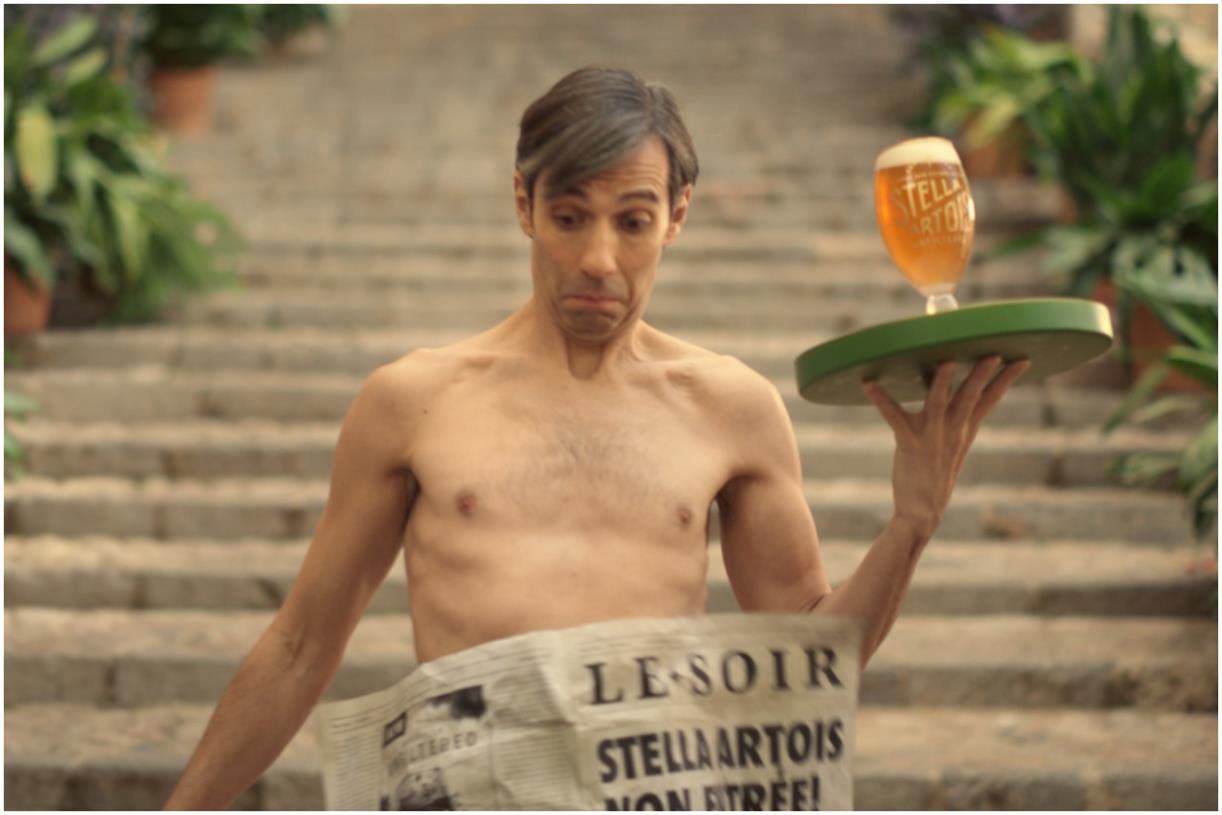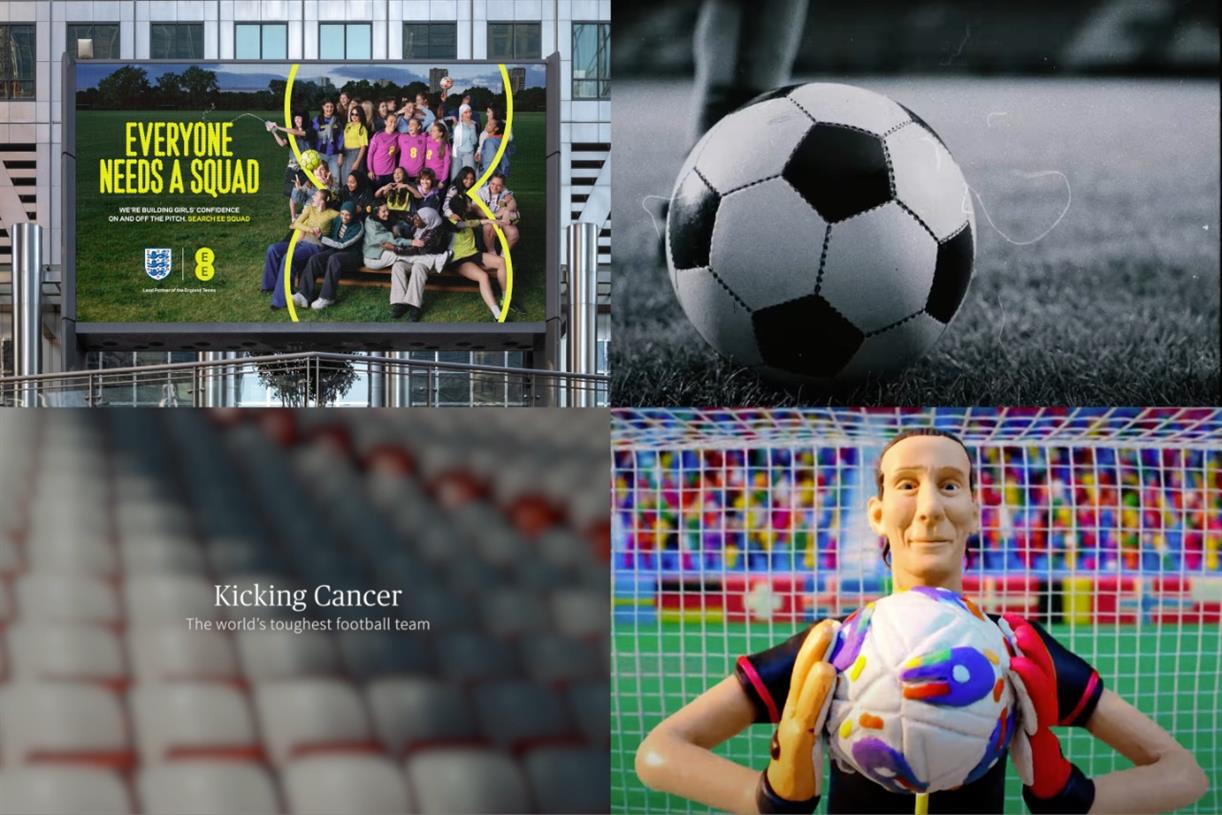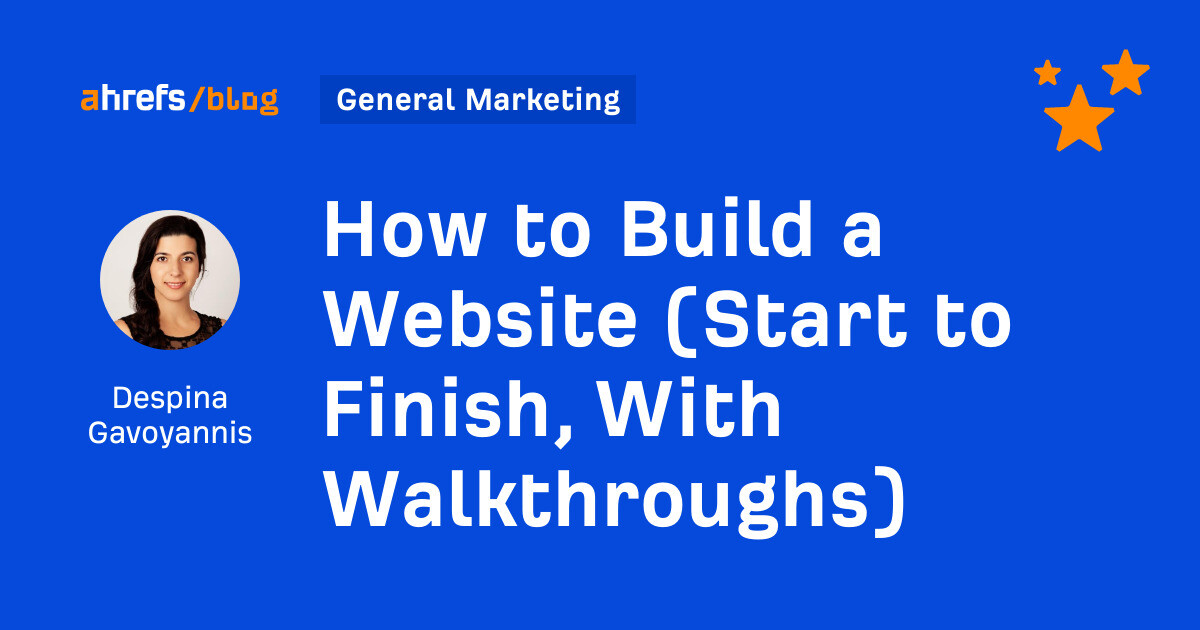Behind the Scenes of Success: Inspiring Luxury Brand Advertising Campaigns
When it comes to advertising strategy, luxury brands go above and beyond. They craft fascinating campaigns that resonate just right with their audience. Luxury brand advertising campaigns work their magic on the ever-changing landscape of digital marketing. Luxury brand...
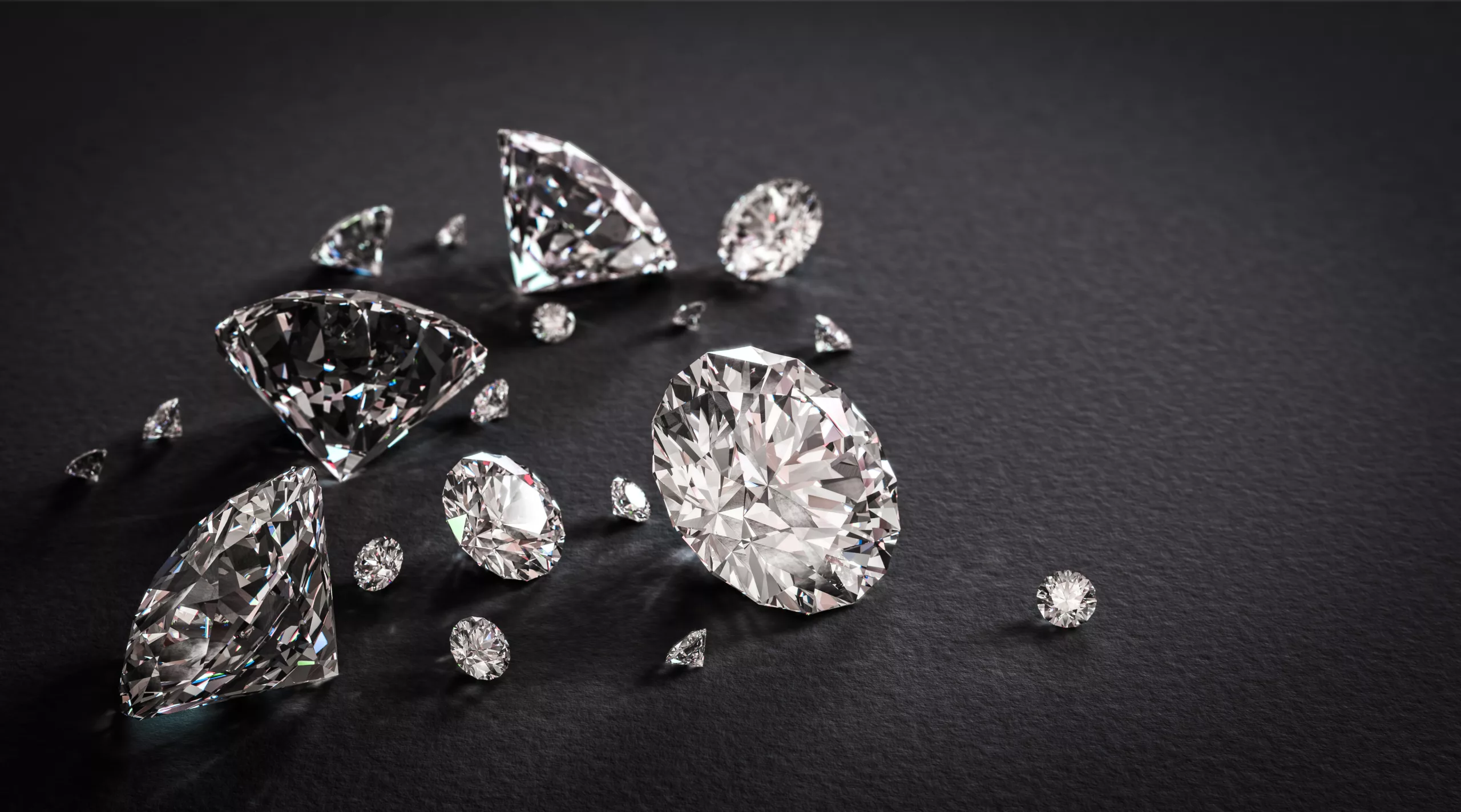
When it comes to advertising strategy, luxury brands go above and beyond. They craft fascinating campaigns that resonate just right with their audience. Luxury brand advertising campaigns work their magic on the ever-changing landscape of digital marketing.
Luxury brand advertising strategies put together creativity, and pure brilliance to shape experiences that go beyond simple promotion and tell stories in the digital realm.
We will delve into the secrets of luxury brand advertising and uncover the strategies and ideas behind their digital success. The best luxury brand advertising examples are crafted in collaboration with luxury digital agencies which blend clever ideas and smart thinking.
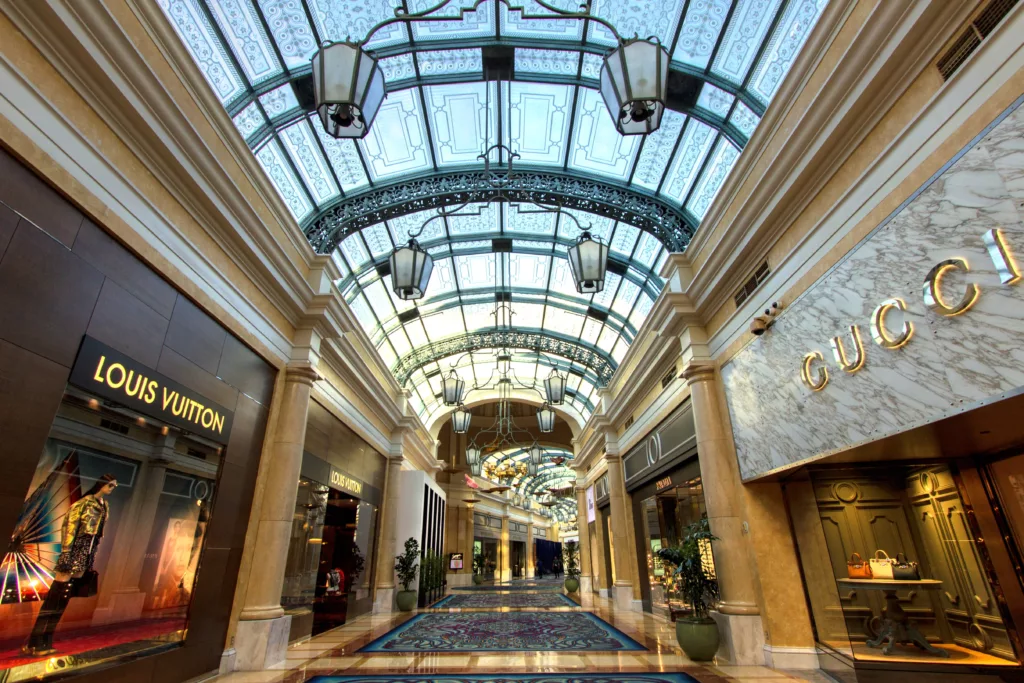
Advertising for Luxury Brands
What makes luxury brand advertising stand out is how they manage to capture both hearts and minds of their audience. They manage to do so by collaborating with digital advertising agencies. Though their niche may not be yours also, the way they understand and speak to their audience is noteworthy.
Best examples of digital marketing for luxury brands resonate deeply with their audience, creating experiences. Time to take a deeper look into what makes them exceptional and the profound role they play in the dynamic digital marketing ecosystem.
How do luxury brands advertise?
What makes a luxury brand a luxury brand? The answer to this question is often the answer to how luxury brands craft their marketing strategies. The global luxury market is huge with brands across many industries from automotive, to hospitality, to fashion, and more. In fact, the market is expected to reach $392.40 billion by 2030 from $284.00 billion in 2023.
High-end brands are known for their striking quality and heritage, and they do not necessarily promote their luxury goods, they promote experiences instead.
Backed by their strong heritage and well-established target audience preferences, they revolve their marketing strategy around creating a sense of exclusivity, Often the campaigns allure audiences by making them feel privileged by having what the brand has to offer.
In this post, we will dive deeper into these strategies by analyzing specific ad campaigns by luxury brands. Hopefully, their secrets to inviting audiences into luxurious experiences will be uncovered.
Where do luxury brands advertise?
The world of luxury brand advertising is a multi-dimensional canvas. High-end brands fuse tradition with innovation seamlessly. For luxury brand marketing, platforms are chosen with intention, so that each channel adds a crucial stroke to the masterpiece of their digital campaigns.
Print Media
In the print realm, luxury brands grace magazines and newspapers frequented by high-income earners. For instance, Chanel’s elegance might grace the pages of Vogue or The New York Times. This timeless medium allows Chanel – and other luxury brands at times – to resonate deeply with those seeking the exceptional.
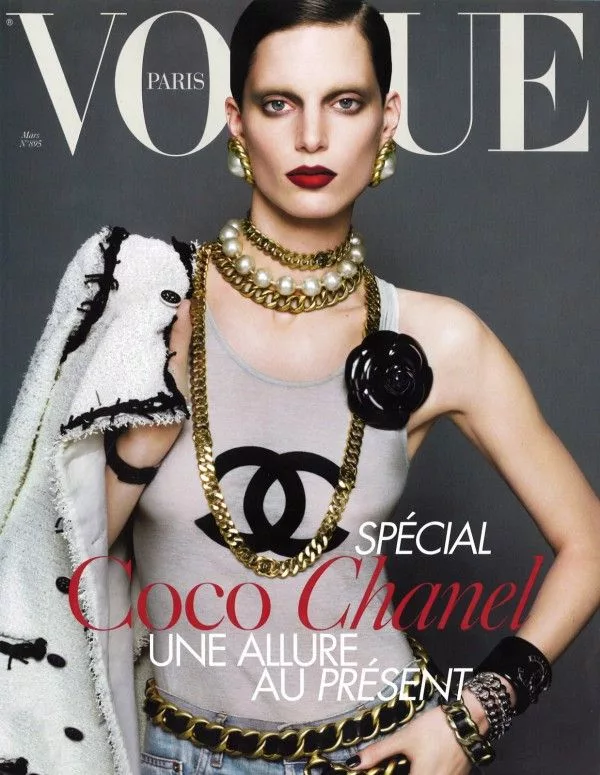
Chanel featured on Vogue cover.
On TV
On television, luxury brands shine during events like the Super Bowl or the Oscars. These grand events are often where they showcase their finesse. These grand stages are great to connect with a vast audience, though the target audiences of luxury brands are often niche, visibility is key for these brands.
Social Media Platforms and Websites
Luxury brands meticulously craft their digital strategies. From tailored website ads to captivating social media stories, they target their audience with precision. Burberry is a great example when it comes to luxury social media strategy. They stay true to their heritage across social media platforms and stay in tune with the desires of their audience. Which is a tricky art, but they master it.
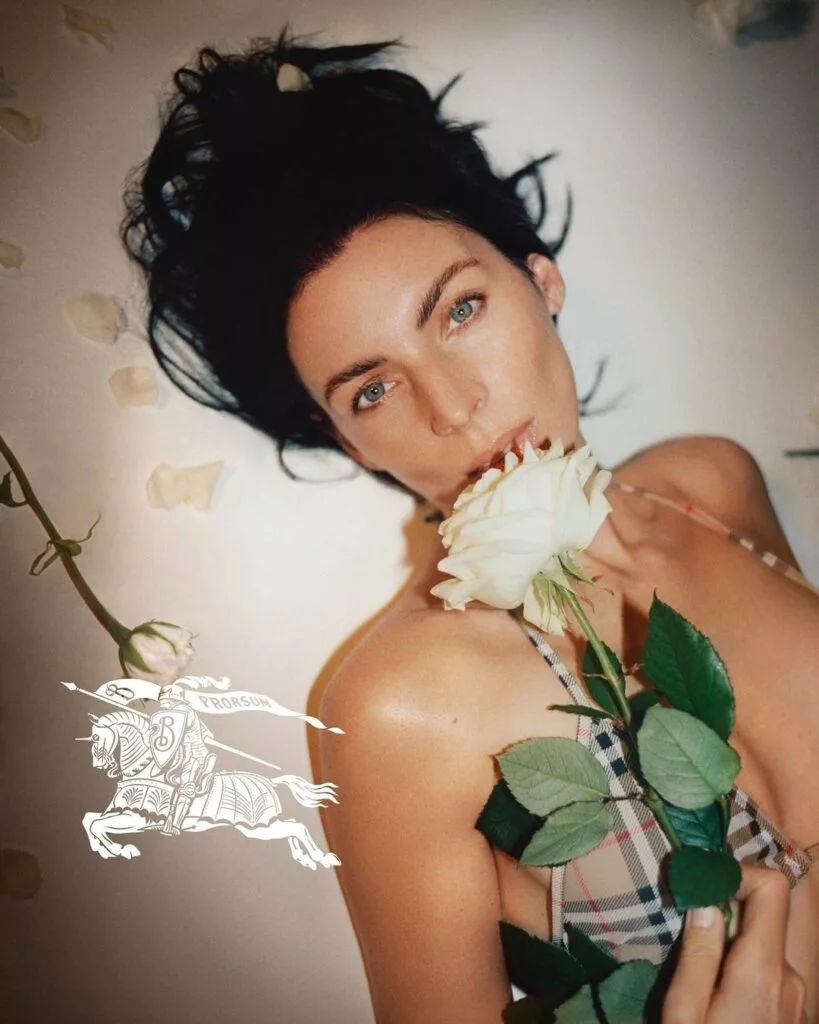
Image courtesy of @burberry
Outdoor Campaigns
Outdoors, luxury brands claim their space on billboards and bus shelters, capturing the attention of passersby. This form of advertising allows them to reach individuals immersed in their everyday routines, leaving an impression that lingers.
Events
Beyond the surface, luxury brands immerse themselves in events. For instance Chanel is the master of this art. The brand would casually be present at fashion shows or would be hosting gala dinners. Which allows them to connect with their audience without even the audience noticing. They will blend into the lifestyles of their target audience.
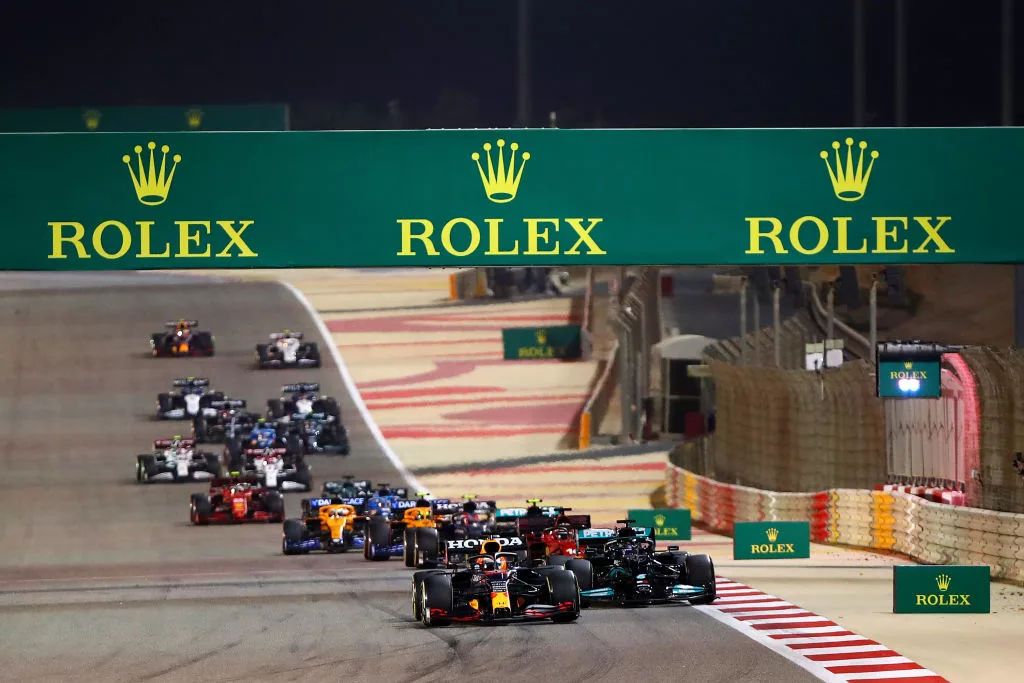 BAHRAIN, BAHRAIN – MARCH 28, 2021: Rolex sponsorship banners from Formula 1 race.
BAHRAIN, BAHRAIN – MARCH 28, 2021: Rolex sponsorship banners from Formula 1 race. Influencer Marketing
Don’t be fooled by their majestic approach to marketing though. Luxury brands do keep up with the trends and even are trend setters. Influencer marketing forges connections with high-profile social media figures. And not to go overboard, but nobody does it like Gucci.
Luxury Brands That Don’t Advertise
It could be to your surprise, but some luxury brands choose not to advertise their products. Instead they use subtle marketing strategies to create a sense of exclusivity and aspiration around their brand.
Some products are already in such high demand that they basically sell themselves, so advertising is unnecessary for these products. Another reason is that for some brands advertising is intrusive. If a brand does not want its products to be seen as accessible to everyone, they may choose not to advertise at all not to “cheapen” the brand.
And last but not least, luxury consumers may not be influenced by advertising for some niches, so advertising is totally ineffective according to some. There are a few reasons why luxury brands might choose not to advertise.
So how do we know about these brands, or how they manage to remain exclusive? They rely on other forms of marketing! Word-of-mouth marketing works well if a brand can create highly desirable products, so that once the target audience is reached from one end, they keep spreading the word to their friends and family.
Luxury brands use celebrity endorsements to captivate the attention of their target audience. People want to be associated with the same brands that their favorite celebrities use.
And of course, experiential marketing! Luxury brands are known for the experience they provide. They curate or sponsor events so that potential luxury consumers interact with the brand personally. This way the brand can create a memorable connection.
By using these strategies, luxury brands that don’t advertise are able to maintain exclusivity and captivate audiences without overt promotion. They create a sense of mystery and intrigue around their brand, which makes their products even more desirable.
Advertising Strategies for Luxury Brands
Luxury brand advertising is a dynamic orchestra of strategies in the digital world. These one of a kind and visionary strategies are like the brushstrokes that paint engaging campaigns.
In these campaigns, complexity meets distinctiveness. They don’t stick to the usual (remember when the whole internet lost it after the Messi-Ronaldo chess game photo, a Louis Vuitton campaign was released!), they create their own path. What makes them magnetic is their ability to tell stories without even making their audience notice that they are being told a branded story.
The Fusion of Creativity and Strategy
In luxury brand campaigns, creative storytelling takes the spotlight, engaging audiences through imaginative narratives.
These brands seamlessly merge creativity and strategic goals, resonating powerfully with their target audience.
See how Rolls-Royce tells a glorifying story of space and manages to use it to elevate its brand.
Crafting Exclusive Experiences
In the world of luxury brand advertising, crafting exclusive experiences is more than essential. Luxury brand marketing requires creating a sense of exclusivity and privilege in their digital campaigns.
Take the example of Loewe x Howl’s Moving Castle collaboration. The brand made a collaboration with Studio Ghibli to launch a collection. Even just the collaboration could have been buzz-worthy but their campaigns following launch were even more interesting. They created what they call “the cloud room” as part of the launch of the collection, allowing customers to interact with both the brand and their favorite Studio Ghibli movie.
They managed to create a buzz online and on social media with this campaign.
Brilliant Luxury Brands Advertising Campaigns
From Chanel’s virtual fitting room to Valentino’s dreamy Barbieland (just kidding, the campaign was released way before the movie :)) Luxury brand ad campaigns are here to show how it’s done! These campaigns are fruits of well crafted digital marketing strategies that cultivate the aura of exclusivity and aspiration.
Balmain’s Virtual Army
Looks like any other campaign? Think twice, this so-gen-Z campaign features 3 CGI models. The campaign underlines confidence, style, and beauty.
Prada’s Feels Like Prada
Yet another unique approach! They get what is trending (in this case it is ASMR) and they manage to make it about themselves. Their campaign video is all about how great Prada feels, it ASMR itself!
Valentino’s Pink PP
This digital campaign is a great example of how luxury brands blend various marketing techniques to create a unique and memorable campaign. Featuring infamous Zendaya and creating dreamy pink spaces, the luxury ad campaign is joyful to watch and hard to forget.
Chanel’s Virtual Makeover Room
The brand is all in for creating experiences that meet the trends. Their virtual makeover room allows customers to try on make-up online.
Four Seasons’ Based on a True Stay
In an effort to captivate the attention of Gen Z travelers, the campaign features unique and joyful experiences from other guest’s stays at their premises.


 KickT
KickT 








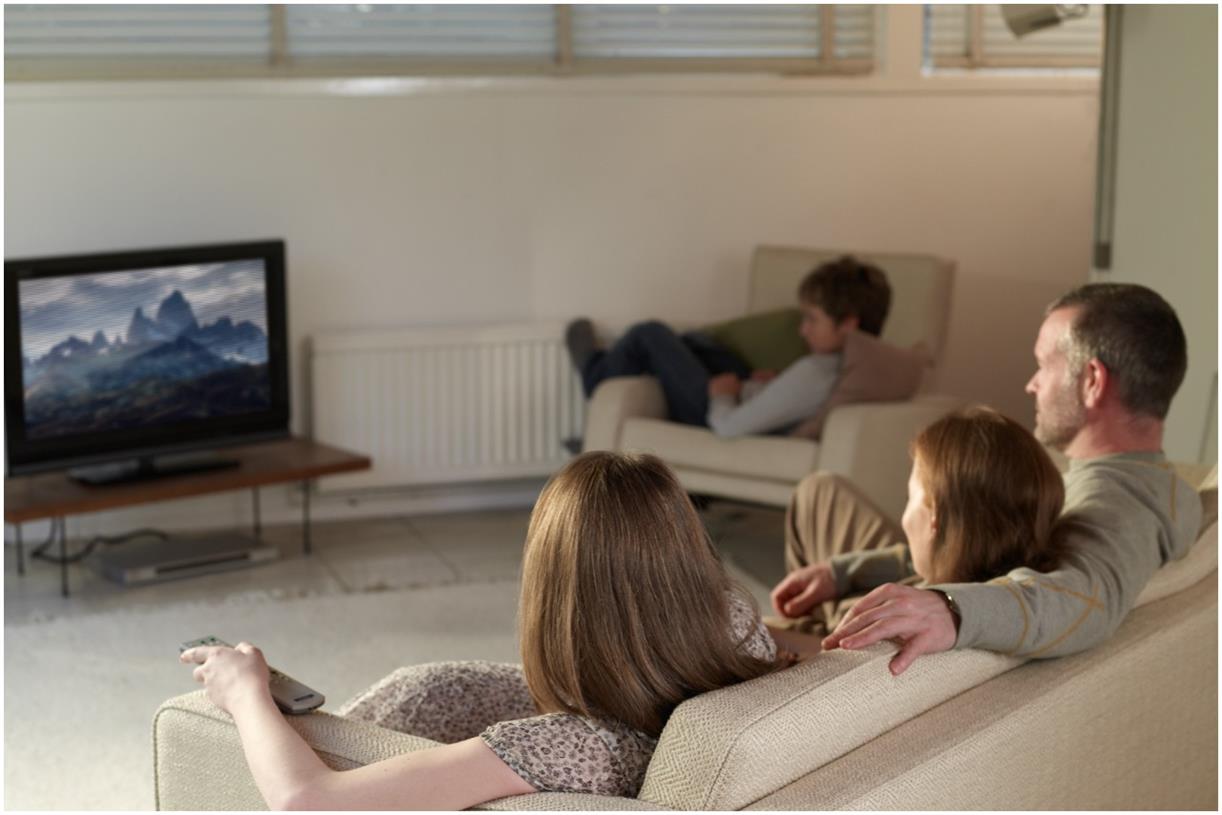
_1.jpg)



